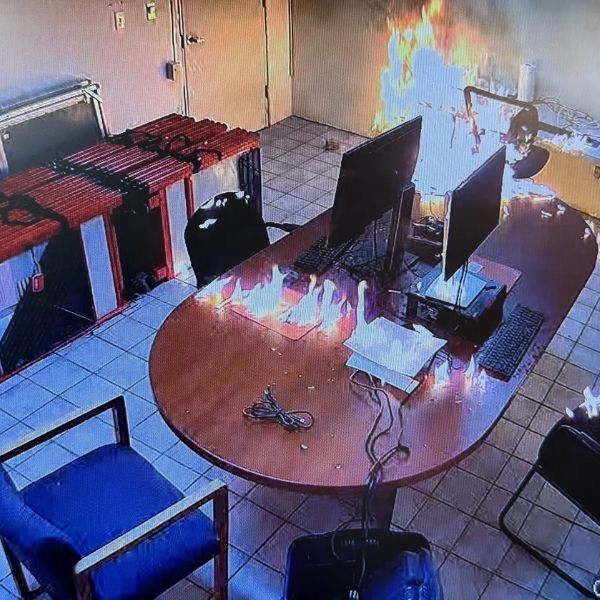The Denver Police Department is proposing a major shift in how it handles internal discipline by allowing officers accused of lower-level violations to opt for educational training instead of traditional punishments.
Police Chief Ron Thomas is leading the change, believing that education-based discipline will help reduce repeat offenses and speed up case resolutions. He points to success stories like the Los Angeles County Sheriff’s Department, which saw recidivism drop below 10% after introducing a similar system in 2009.
However, critics argue the department is moving too quickly and hasn’t offered enough detail or public input. Some say the plan risks softening consequences for serious misconduct.
The department last revamped its disciplinary system in 2008, creating a matrix from Category A (minor violations) to Category F (the most serious). Current punishments range from written warnings to terminations, depending on the offense and its severity.
Under the new proposal, officers facing first-time Category A, B, or C violations could choose education-based discipline. These categories cover a range of infractions:
-
Category A: Minor issues like uniform violations while off duty or failure to report during illness or injury.
-
Category B: Infractions that have a greater impact on the department’s image, such as soliciting business or misplacing a badge.
-
Category C: More serious offenses like mistreatment of suspects, accepting gifts, or abusing authority for personal or political gain.
During a May 9 meeting, Denver’s Executive Director of Safety, Armando Saldate, said the department still needs to clarify which specific violations qualify for the program. He stressed that serious misconduct would still be investigated thoroughly, while less serious cases could be handled with training and oversight.
Thomas emphasized the new system’s potential to resolve cases in weeks instead of months. Currently, some investigations can take around nine months. He said this delay frustrates the community and slows accountability.
Supporters argue that the private sector often sees better outcomes through corrective training rather than punishment, and believe this approach could be more effective in shaping behavior.
But not everyone agrees.
Julia Richman, chair of the Citizen Oversight Board, said the department first shared the proposal during the holidays, then attempted to move forward almost immediately. She criticized the lack of a formal policy document and said the presentation felt more like a draft.
Richman also questioned the decision to include Category C violations, which can involve serious misconduct, under the new education-based model. She warned that treating those violations with training alone could undermine accountability.
“The assumption that we’re going to just tweak this proposal is a bad assumption,” she said. “The board does not support this moving forward at all.”
Thomas pushed back, saying he consulted with his community advisory board and local organizations, and adjusted the plan based on their feedback.
He believes the shift to a more educational approach can be both effective and efficient—provided it’s clearly defined and carefully implemented.
















Leave a Reply